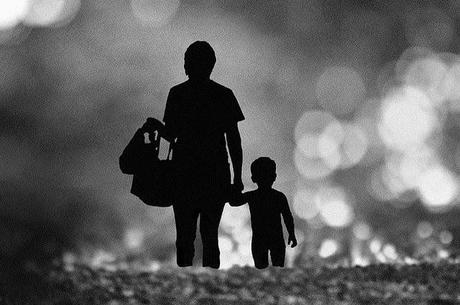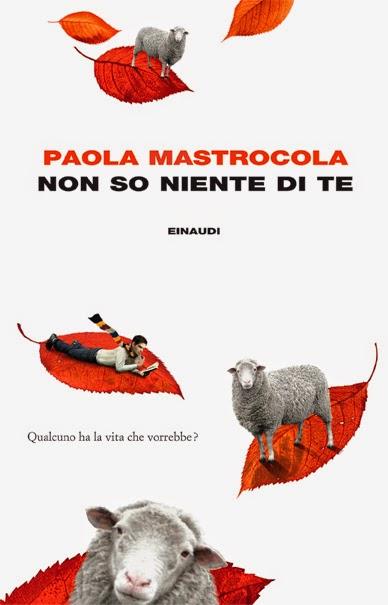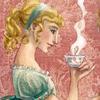 Today is my son's birthday. 23, a young man. Don't worry, I'm not going to bother you with my memories of when he was just a baby in my arms, how fast time has passed, how kind a boy he is and neither I'll post a picture of him blowing at candles. Even less I wish to start crying on how old that makes me feel. Not. at. all.
Today is my son's birthday. 23, a young man. Don't worry, I'm not going to bother you with my memories of when he was just a baby in my arms, how fast time has passed, how kind a boy he is and neither I'll post a picture of him blowing at candles. Even less I wish to start crying on how old that makes me feel. Not. at. all.It is just a special day which brought some special thoughts to me.I have been thinking about what to be a mother to sons means. And my idea is that it is quite different from having daughters, at least, with my indirect experience, it seems different. With my two sons, I sometimes lack the understanding I've got with my nieces, for instance, or the diffent relationship they have with their mother, my sister.
To be the mother of boys - sooner or later men - means to be mostly excluded from their lives. Once they become teenagers, no way, you are completely shut out. Furthermore, there are no or rare chances to share the same tastes (see clothes, make-up, books, movies or interests in general).
You know, living in a house with three men is not easy. I'm used to being minority and that has made me stronger, but, very often, it has also made me feel very lonely.
Anyway, little by little, I have been sadly learning to accept that as a matter of fact. I must accept what I cannot change, especially in this case. But I want to get farther and do more: I want to convince myself that my disappointment is totally wrong.
I've never wanted my sons to be younger copies of me, I've always respected their attitudes and interests, even when I didn't like them at all. But this feeling them distant... That hurts.
 I've started reading a book these days, an Italian book - strangely enough, I've read more Italian than English books lately - by a writer I particularly admire, Paola Mastrocola, and it was perfect solace to my "mother & sons" turmoil.
I've started reading a book these days, an Italian book - strangely enough, I've read more Italian than English books lately - by a writer I particularly admire, Paola Mastrocola, and it was perfect solace to my "mother & sons" turmoil."Non so niente di te" (I know nothing of you) is the story of Fil, Filippo. His parents are sure he is studying at university in England, but when they go there to listen to him in a conference, they have an astonishing surprise. He arrives at the conference with his flock. He has not been studying economics at Oxford but has become a shepherd and is incredibly happy.
It is an amazing book: you read it in one breath, but it stays with you long. Though-provoking indeed, especially if you are a parent.
Here's my favorite passage, the one which made me think over and over about my being a mother to my sons, about my constant disappointment, and convinced me that I am wrong:
"Parents must not wish the best for their children. Do you know why? Because they do not know. Parents do not know what the best for their children is. They cannot know, how could they? Are they God? Can they see in a gazing ball? No, they are just parents. And then, they should just be there watching and nothing else, silent and calm. Something like watching the sea. What do you do when you are before the sea? You look at it. Nothing else. You follow the waves, gazing at them.

A son that does not give continuity to his father breaks the line. He breaks it, but that broken line goes on, anyway. Only, it goes on somewhere else, takes a different direction, and that is ok, because that line originated from you anyhow, it started from there... You must be proud of that. In any case! No matter what!
You should be curious, you, parents. Really curious about your children. You should die of curiosity to see how it will end, that broken line that started from you. (...) Instead, you are always so dissatisfied ... so difficult to satisfy. You totally lack curiosity, you, parents ... You seem to know everything already ... You don't let them surprise you. You don't even consider the possibility of a surprise. What a shame. You deny yourselves great happiness. "
(Paola Mastrocola, Non so niente di te, pp. 308 -309)Well, happy birthday, son. No matter what.

